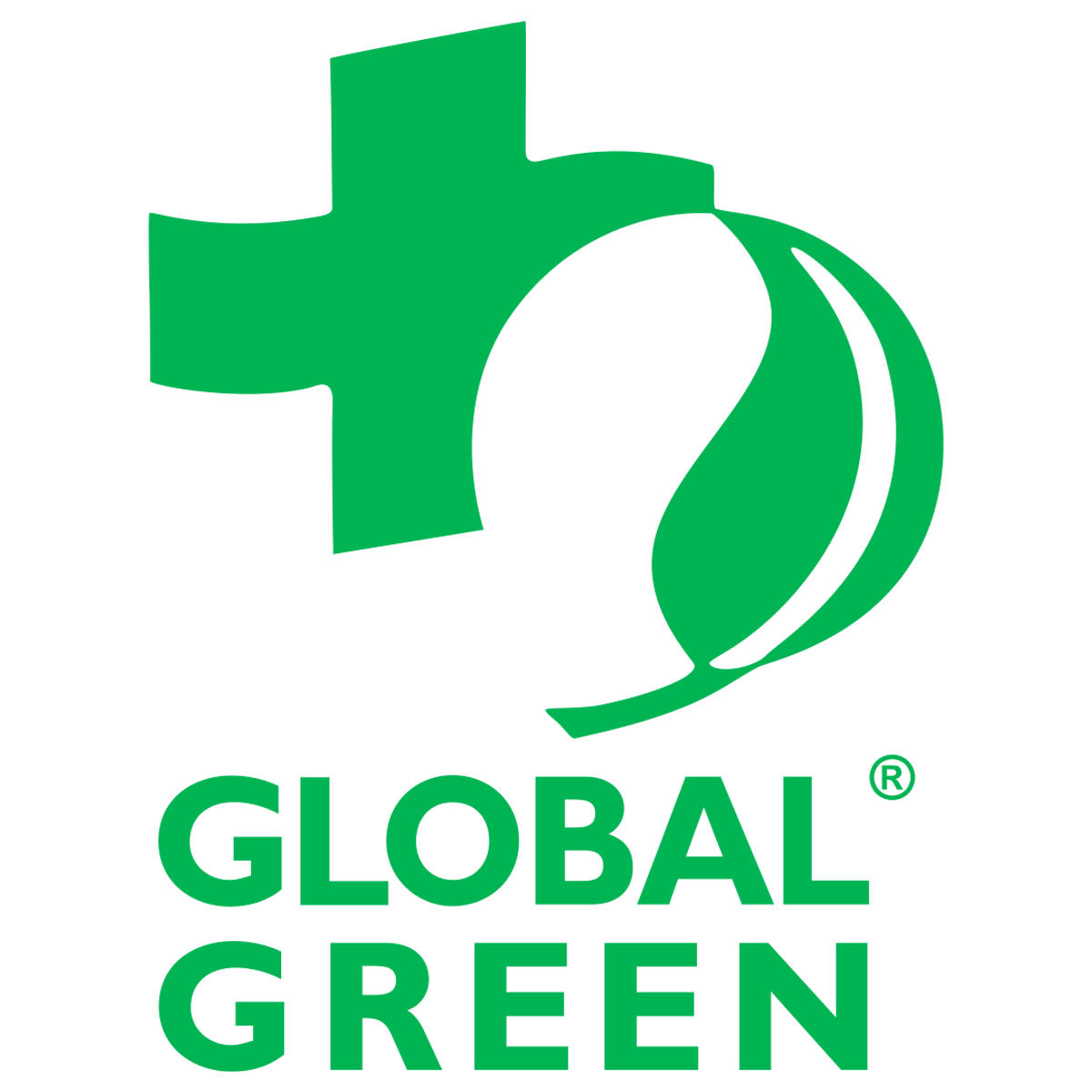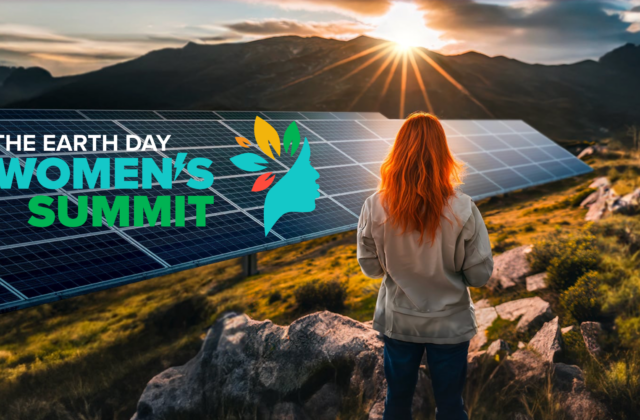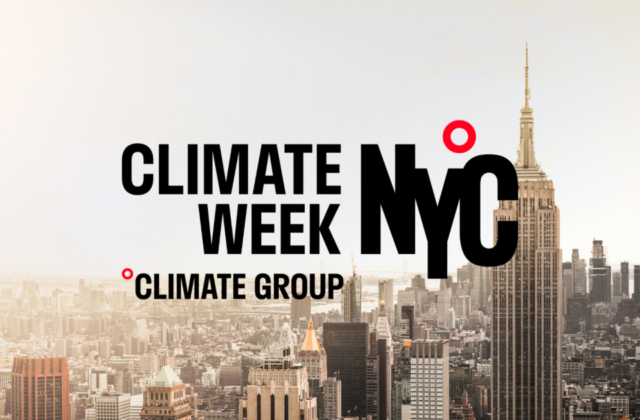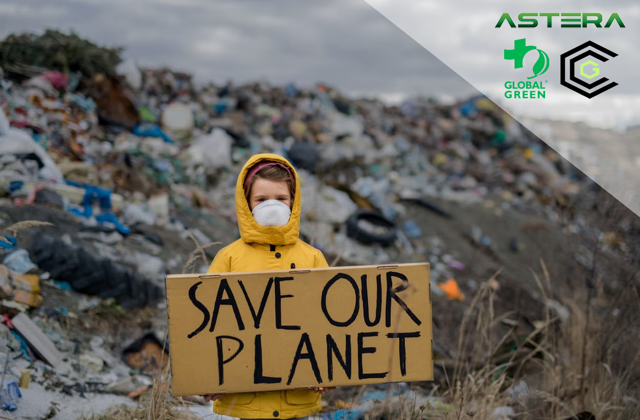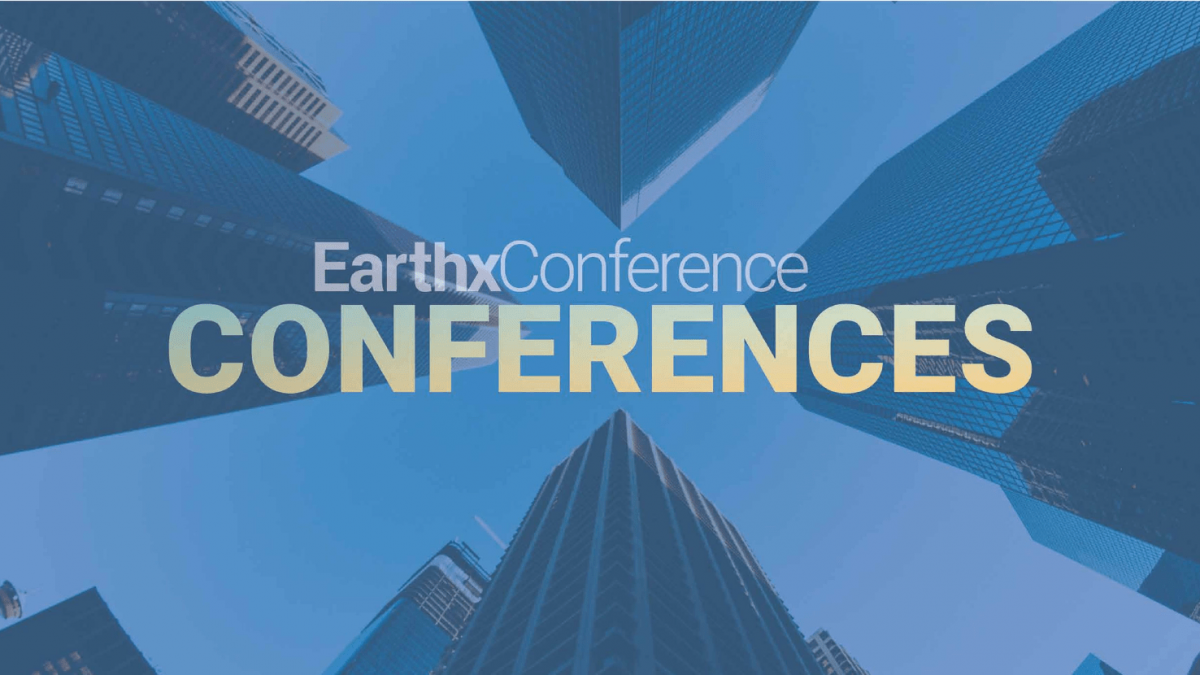
By Alison Heyerdahl
Green Cross International, Global Green and the Earth Charter came together (virtually) to celebrate the 50th annual Earth Day celebration in collaboration with Earth X. Earth Day was sparked in 1970 by American-born Denis Hayes, who was a 25 year old graduate. Hayes successfully brought together an astounding 20 million Americans, which essentially began the environmental movement. Due to this influence, the following decades witnessed some of the most prominent American environmental legislation brought into being.
Some 50 years later, the Earth Day movement has expanded to touch every corner of the earth, with a growing and influential momentum. While the environmental challenges we face are larger in nature than ever before, and with the existential threat of climate change ever-present, events surrounding Earth Day, that are creating global awareness, are more critical then ever before.
The initial aim of Earth Day was to raise awareness about issues such as air and water pollution, freeways cutting through neighbourhoods, the chemical toxicity of our products, oil spills and fires etc. Earth X has successfully moved forward with the initial Earth Day mandate, and is dedicated to inspiring people and organisations toward a sustainable future for generations to come. They aspire to connect people globally through forums and events which allow those from all walks of life to have a voice and share their perspective.
The Earth X event, which is held in April around Earth Day, has been running for many years. In 2018, 137000 people visited the event, which brought together academics, businesses, environmental organisations, government agencies, speakers, musicians, artists and foodies.
Trammel S. Crow is the founder of Earth X, and the Chairman of Global Green. His vision is to bring a diverse crowd of people from all walks of life to explore and collaborate on finding innovative solutions for the environmental crisis extant in our time.
Green Cross International, Global Green and the Earth Charter are all collaborators in inspiring, educating, influencing policy, designing sustainable solutions and finding ways to create a sustainable world.
Green Cross International (GCI) (www.gcint.org) was founded by Mikhail
Gorbachev in 1992 in response to the interrelated threats to humanity – those of nuclear arms, chemical weapons and man’s destruction of our environment. GCI became extremely effective at raising awareness and putting policy in place that gives rights to the planet as a living organism. GCI is an international organization that currently operates in 30 countries worldwide.
Global Green (www.globalgreen.org), a subsidiary of GCI, runs projects all across America, and has been hugely successful in raising awareness, educating people, designing sustainable developments of all descriptions and running sustainable food, water and energy programs. Their vision is to create green cities, neighbourhoods, affordable housing and schools through EcoParks that regenerate and support our planet’s natural systems.
Global Green uses the Earth Charter as its ethical compass. The Earth Charter is a profound document that was thoughtfully crafted by visionaries 20 years ago. Its sixteen principles aim to inspire people to turn concepts into sustainable action. It beautifully articulates our global interdependence and offers the way forward for a future that is peaceful, just and hopeful.
GCI, Global Green and the Earth Charter have collaborated with Earth X to launch the Earth Dialogues. The Earth Dialogues are a series of public forums that bring together civil society and the private and public sectors in the search for solutions to resolve the most pressing and interconnected challenges of insecurity, poverty and environmental degradation. These dialogues seek to find environmental solutions that are sustainable, practical and realistic, not the short term quick fixes that pose as the answers for the crises we face. It also includes finding solutions that take into account all the interrelated systems issues that abound – from poverty and social issues, to food security, to water, energy, building and education.
Alison Heyerdahl for Global Green 30 April 2020
